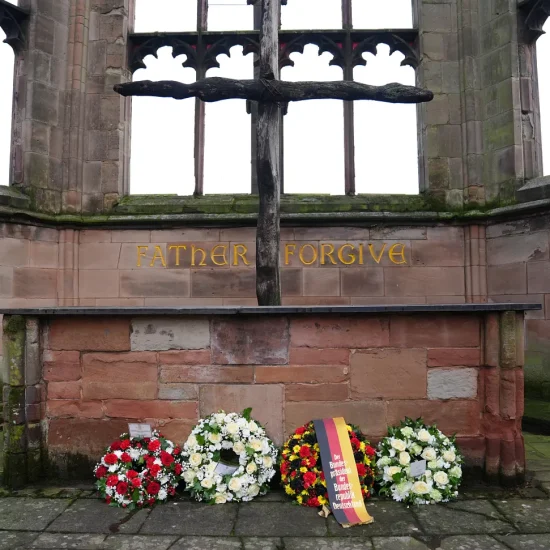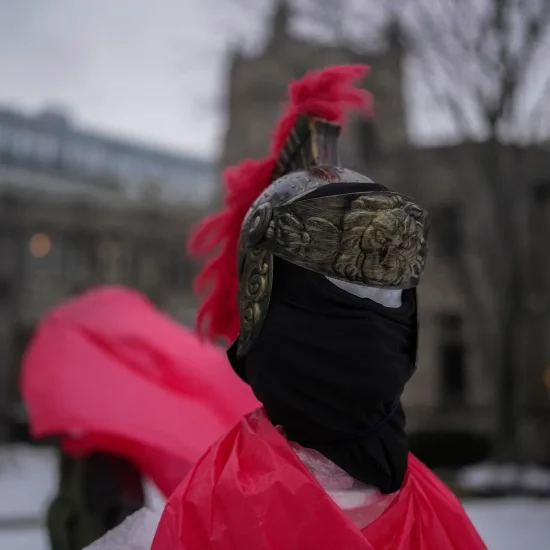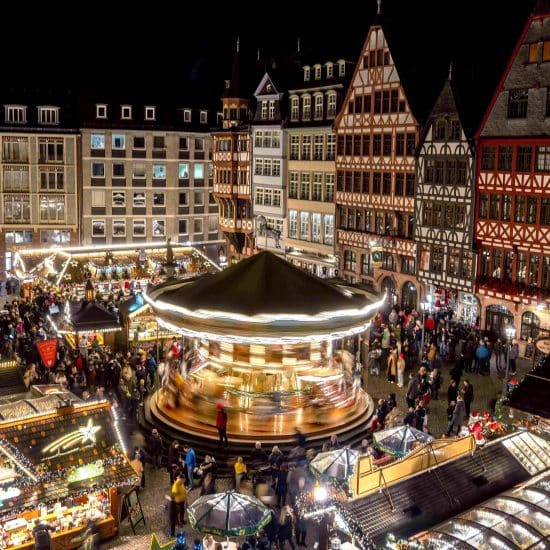The old, old story of Christmas is a familiar one. Sometimes even believers treat it as little more than an obligatory story that is to be read or recited and then checked off each year.

Bill Webb
|
It's a good story: Devoted young mother. Responsible surrogate father. Singing angels. Rejoicing shepherds. Marveling wise men. Fearful and angry ruler. Birth of an unconventional messiah. Hope for the world — finally.
But this is a story to be experienced brand new each time, not simply recited. The subtleties are easily lost as even those of us who claim to know the Savior find ourselves coping with the busyness and sheer volume of all that has become "Christmas" in our modern lives.
It was no accident that Jesus was born in Bethlehem, the City of David, as predicted in the Old Testament. But the agent for the fulfillment of this prophesy was no priest or rabbi. Under divine appointment, none other than the Roman emperor Caesar Augustus — a pagan of the highest order — prompted Joseph and Mary to set off from Nazareth to Bethlehem. They weren't going to celebrate a high holy day on the first Christmas; the couple was expending significant effort to participate in something as mundane as a census, albeit ordered by Roman occupiers.
To be sure, Jesus was born in the Holy Land in the City of David called Bethlehem, but the world into which he was born was oppressively Roman, according to Luke's Gospel. With Mary being jostled about on the back of a donkey or walking over rough terrain, it was a miracle that Jesus was not born before the arrival in Bethlehem. He waited — and fulfilled the prophecy.
The biblical record does not suggest that guests at the overcrowded inn ran out to the stable to welcome the newborn king. The most celebrated birth in history went unnoticed locally.
No one could have guessed who did drop by to pay their respects. Shepherds, initially fearful and overwhelmed when greeted by angels with the news of Messiah's arrival, apparently did not hesitate to make their way to see the baby. Choirs of rejoicing angels were quite proof enough to them that something significant was happening in Bethlehem.
Perhaps they anticipated a waiting line to see Jesus; he was the Messiah after all. Instead they had him all to themselves. They recounted the heavenly word from the Lord as declared by the angels. Others present marveled at what these sheep-herders said. Wisely, Mary tucked them away in her heart. She would need such assurances years down the road.
The shepherds themselves were a prophesy of sorts. They believed they were in the presence of the Messiah; little did they know that he would someday claim their profession as a shepherd of men. It was appropriate that they were among the first to lay eyes on him. He came so that they could become like him, but he emerged from heaven to be like them.
These shepherds gifted Jesus with enthusiastic affirmation. No gold, frankincense, myrrh or other fancy gifts. Just themselves. Simple shepherds; profound response. As they followed the trail to new grazing pastures, they kept telling the old, old story and others kept responding with amazement. We might wonder if they ever got over the story and quit telling it.
Christ's church today should be filled with folks like these shepherds. Christ's kingdom on earth would be much farther along today. Could it be that the old story became even more exciting and more important every time they told it?
If this is true of us, it is because he is the story. He interacts with us, and we are wise to be responsive. As you celebrate, experience the Messiah and don't keep it a secret. Be a shepherd.
Bill Webb is editor of Word & Way.






